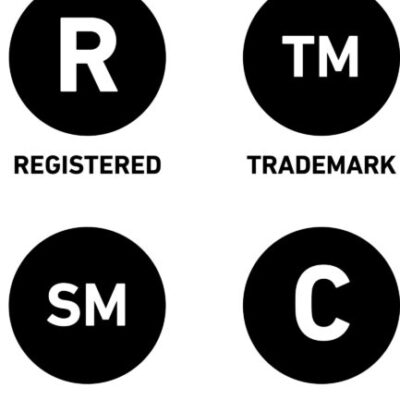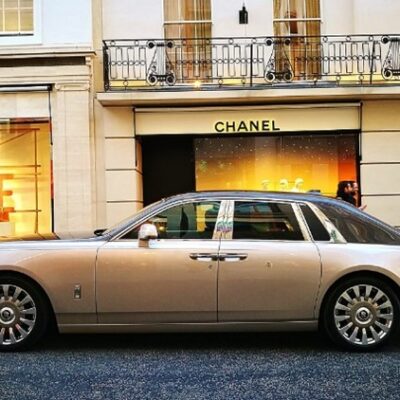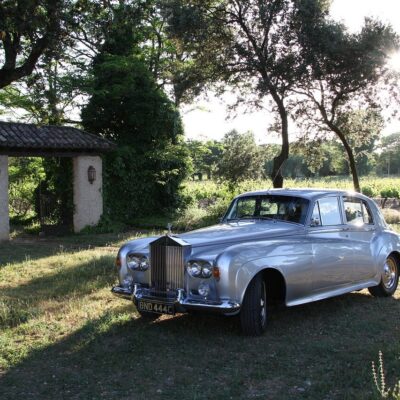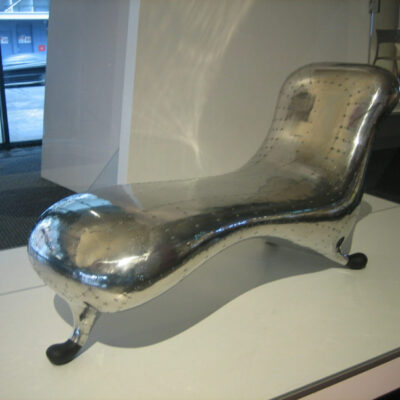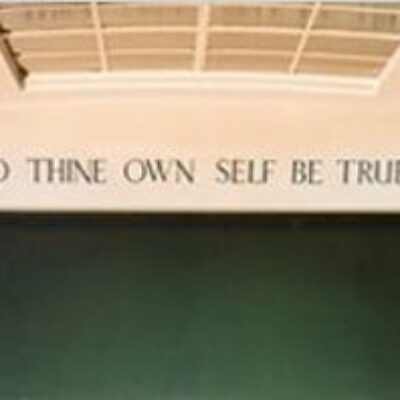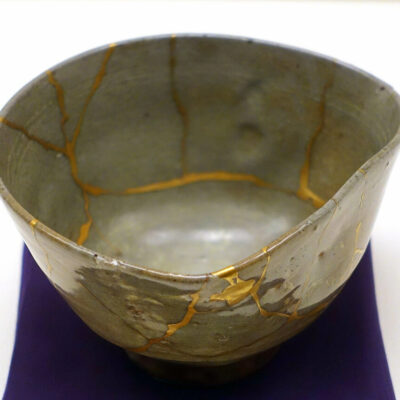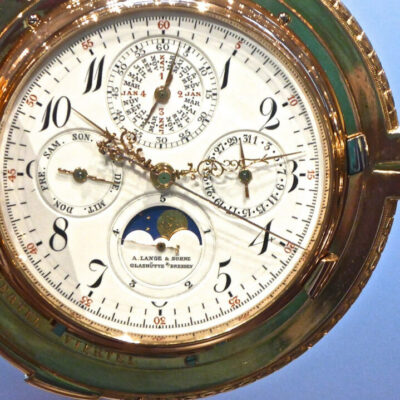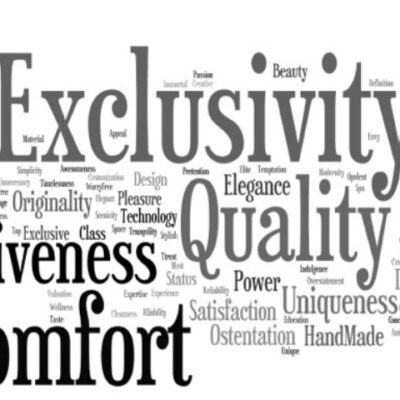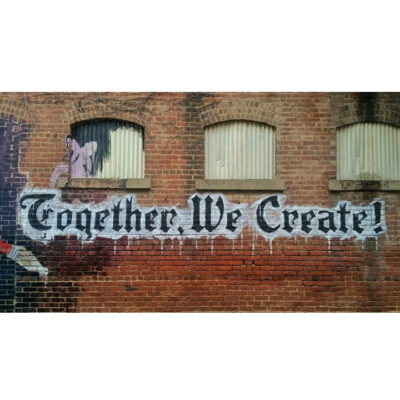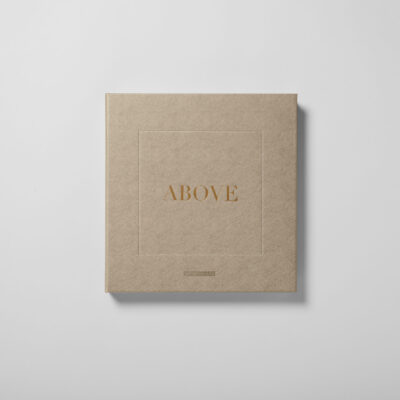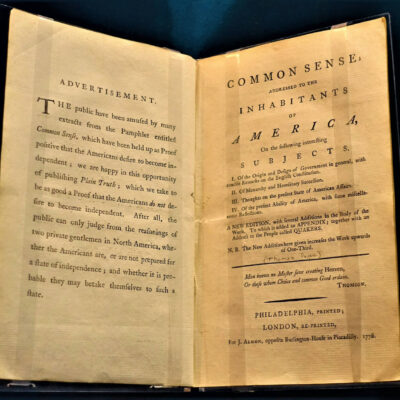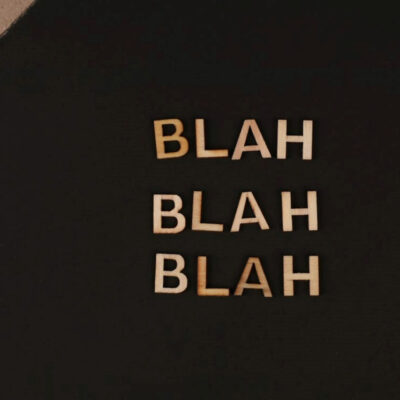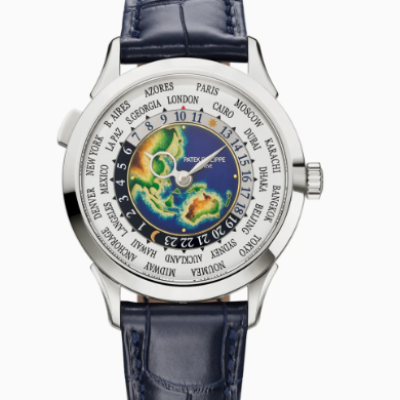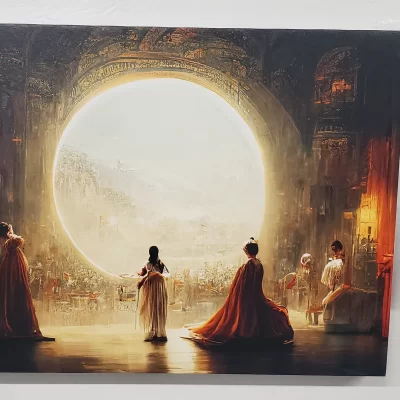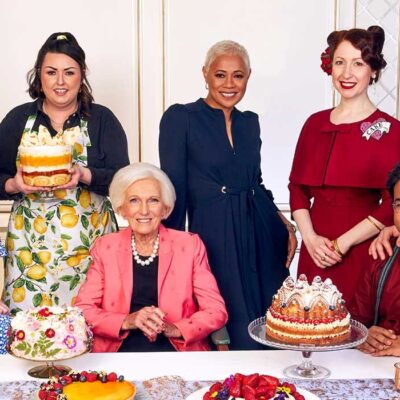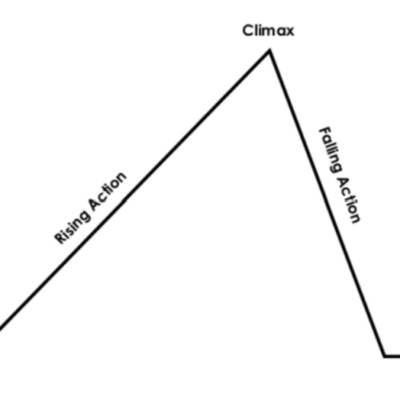Strange times to be writing about luxury.
Nevertheless we are greatly indebted to a recent Spectator piece that draws our attention to ‘values’ and how hard it is to define them in public and commercial life.
‘Every business these days, from ice cream companies to smoothie manufacturers, has its own values. Even the most innocuous products and businesses… you long to click on one and see something unexpected, like ‘Our values are those of the Ducal House of Schleswig-Holstein-Sonderburg-Glücksburg between 1715-1761’. But no: it’s always, always the same bromide buzzwords.’
Well, yes. A major bank’s values can be the same as a record label, a politician, or the local plumber down the road. They all speak of our people, your people, the people we respect, the people we want, we serve, we grew up with, we love, we want to see again, my children who will looking after the business when I retire want to see again….. as Bowie put it ‘I never thought I'd need so many people.’
Luxury brand values are our life blood

Many say a mix of smoke and mirrors, a fantasy world, a place where customers feel valued and flattered. We trade in historic capital, visually propped by the arts and culture. We make ‘creations’ not products.
But as much thought goes into the brand marketing - messaging, copywriting, narratives, luxury design, imagery, luxury brand strategy, market research, strategic brand thinking, brand name creation, premium brand logo design, online/offline content, luxury coffee table books, website development and communications campaigns - as the product itself.
Given the background of luxury it is impressive it’s still surviving. Debate over its very existence has, troubled religion, politics, and the law for time immemorial: matters of moral corruption, sin, lack of control, excess to name but a few – and now, rightly, environmentalists.
All that, BUT balanced with The Good Things: beauty, design, innovation, the world’s best craftsmen, authenticity and entrepreneurial courage.
And always success. Luxury has never failed whatever disease, war, depression or unrest has been flung at it.
War-proof (I hate to say it), Covid-proof, recession-proof, it generally sees off economic downtown.
It survives by adapting to change - and staying as it is

Change. Fact of life of course. And marketing departments thrive on it. They love something new – NFT anyone? Now we have AI to contend with/work as a collaborative creative tool.
But I think, in a counter-intuitive way, luxury brand marketers must be concerned with what is unchanging – there are still universal values, motivations and compulsions that drive the luxury consumer.
Though humanity right now, goodness knows, is being sorely tested, at heart you have to believe it hasn’t changed such a lot. Some constants remain.
If the history of luxury teaches us anything, it is its ability to shrewdly tap into our need for exceptionalism.
The rich will still like a good deal. People will still want to party. That bigger house on the hill is still aspirational. The need for applause never goes away…
Status, display/’brag’ value, pride, belonging, identity, vanity, being of value, of being loved, of self-love… Luxury taps into the innate desire, we all have, to believe in something real, meaningful. Expressed with humility, kindness, compassion, and depth of expertise.
So, here are Luxury’s Ten Golden Rules. Tried'n'tested Brand Values that have lasted several generations. Call it thinking inside the box. It’s as difficult to do something new in there, as it is outside any box
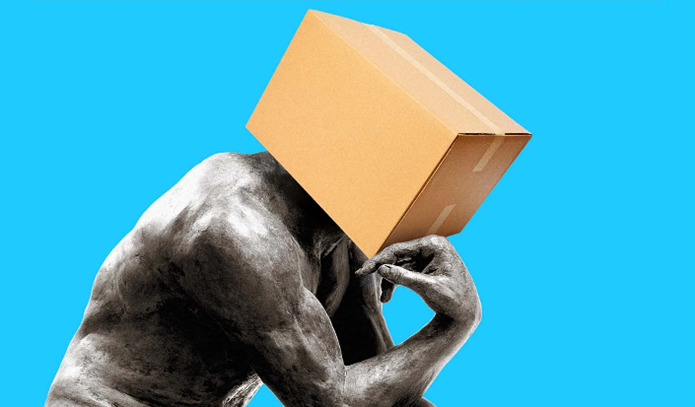
1. Get the language right
We have always liked our words as opulent and crafted as the products we are selling. Everything should taste delicious, be sumptuous, is lusciously fragranced, hand crafted, timeless, exquisitely finished and made to last forever. We live in a haze of ultra-luxurious, the best quality, five-star, private, premium, world-class. We want elevated excellence and superiority.
2. Get the aura and ambience right
We understand how important history and backstory is. How the cues of art and culture ennoble a brand and customer. To create the right aura, you have get it as authentic and pure as possible
3. Power, status and ownership. It's still a thing.
So many car, yacht, plane, motorbike, diamond, mad castle, ‘Thing’ stories to choose from. Please add rocket, island, newspaper, and a social media talk site. If you really want to stop the dinner party, tell them about your cryogenic freezing. (The process that involves preserving human bodies at extremely low temperatures with the hope of potentially restoring them to life and health in the future)
4. Craftsmanship - still important after all these years
You know this one off by heart. See here for the many insights we have written on the matter and here specifically which ran in Luxury Briefing magazine
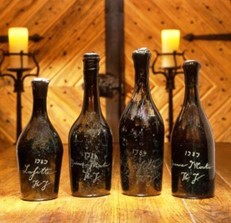
5. Learn something new and luxury is legitimised
What to make of the wine reviewers describing aromas of rich dark currants laden with mocha, loamy soil, charred herbs, pencil shavings, roasted hazelnut, nectarine skins, gushing blackberry, fragrant tobacco, rich soil, white flowers, smashed minerals and metal? Who knew that a wine could be “broad-shouldered” or “sinewy”?
Easy to make fun of to be sure. The serious point is luxury customers do want acquire information if it’s real, has conviction and authority. It gives a purchase talk value, adds a range of deeper psychological values and attributes to a buyer’s character. Read more here on wine label design and copy
6. Why pay more?
At the luxury end of the market, quality is important. The rational reason people are willing to pay more for high-end products is that they’re buying top-of-the-range quality. That can be defined differently – aesthetics, materials, craftsmanship, where that brand is seen – but it’s got to embody a world of beauty, elegance, and desirability.
7. Rarity is important
If a brand is limiting its production, then you know it’s not available everywhere. That exclusivity is a big part of luxury brands value. Rarity also appeals to the rational mind, of course, as it gives a luxury item intrinsic value. Refusing to discount is another strategy for creating exclusivity.
Companies like Hermès, Louis Vuitton and Chanel never put their bags on sale. The real luxury brands don’t have any wholesale, they only sell directly.
8. Vertical integration
Vertical integration means keeping the production inhouse. That way you are 100% sure that the company retains quality control. One luxury brand even bought a crocodile farm so that there was no risk of buying sub-standard material – that’s the ultimate in vertical integration. Product innovation is much less important in luxury. True luxury is not fashion, it’s timeless.
9. The importance of a brand story
And you know this one off by heart. Most brands in the luxury space are deeply proud of their heritage and craftsmanship, and customers want a story. For luxury brands, purpose has always been a selling point. A lot of the big European houses were started by having founder stories rooted in craftsmanship. Their family businesses go back a long way. So, many can celebrate over 100 years of heritage and family values. Thinking long term is part of what they’re about. Luxury is also built to last, which is inherently sustainable. Read more here.
10. The importance of experts
Experts are back. You need advisers who deal in facts, not fantasy. We have the experience to give honest and informed answers to the important questions: what makes your premium brand more relevant, and what special value do you deliver to your customer that justifies selling at higher price points?
Whether it’s insight from research, strategic brand thinking, a new luxury brand name and logo design, messaging, online and offline content or a bespoke coffee table book, we help companies increase brand profitability through sharper insights, distinctive propositions, creative ideas and faultless execution.
Based in the heart of London, we'd be delighted to meet for a coffee, either face-to-face or virtually, to discuss any new luxury branding projects you might be considering.
To get in touch do drop us an email.



